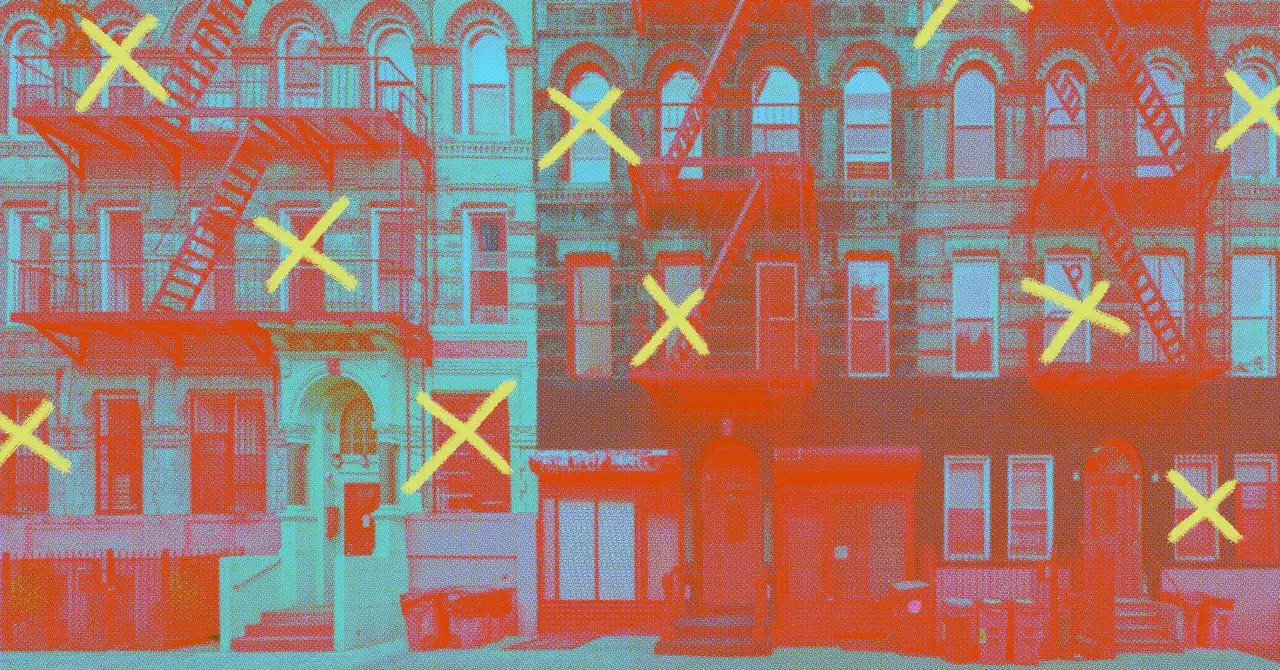It has been a year since New York implemented a law that restricted most whole-apartment rentals for short-term stays on platforms like Airbnb. The outcome of this law has been a significant decrease in stays under 30 days in the city. However, Airbnb has raised concerns about whether the primary goals of the lawmakers, which were to lower rents and free up apartments for full-time residents, have been accomplished. The company fought against New York’s Local Law 18 in court, arguing that it was effectively a ban on their platform, but their efforts to overturn it were unsuccessful.
Despite the decline in short-term rentals, data suggests that rent prices remain high and housing availability is still limited in the city. Hotel prices have also experienced slight increases. Theo Yedinsky, Airbnb’s vice president of public policy, has stated that the law has not produced the desired results. Airbnb is now urging New York to reevaluate the law and make some reasonable changes. They are advocating for the ability to rent out one’s primary residence when they are away for short periods and for the removal of regulations that prohibit internal door locks in stays under 30 nights.
The law currently allows hosts to rent out rooms in their homes to a maximum of two guests for stays shorter than 30 nights, with the requirement that hosts be present during the stays. Entire apartments and homes can still be listed on platforms like Airbnb, Vrbo, and Booking.com, but they must be rented for 30 nights or longer. The enactment of this law in New York was viewed as a test case for regulating short-term rentals, as many other cities worldwide have faced similar challenges.
Barcelona, for example, recently announced that all short-term rentals will be prohibited in the city by late 2028. While regulations on short-term rentals aim to address issues such as noise disturbances and housing shortages for locals, critics argue that the rules are too strict. The restrictions impact not only large-scale landlords but also small homeowners looking to generate additional income to cover housing expenses.
Following the implementation of the law, there was a significant decrease in short-term rental listings on Airbnb, with a reduction of approximately 15,000 listings, representing a nearly 70 percent decline. This impact has been most noticeable in neighborhoods outside of Manhattan, where some areas have experienced a 90 percent drop in short-term rental listings. Data from AirDNA suggests that as of July, there were over 5,000 short-term rentals available in New York on Airbnb, compared to more than 32,000 listings for stays of 30 nights or longer. This indicates that many short-term stays have not converted into yearlong leases but have instead persisted as mid-length stays on Airbnb.
The implementation of New York’s short-term rental law has had a significant impact on Airbnb and the housing market in the city. While the law aimed to reduce short-term rentals and increase housing availability for full-time residents, there are concerns about its effectiveness in achieving these goals. As debates continue on the regulations surrounding short-term rentals, it remains to be seen whether adjustments will be made to address the challenges faced by both platforms like Airbnb and homeowners in the city.

